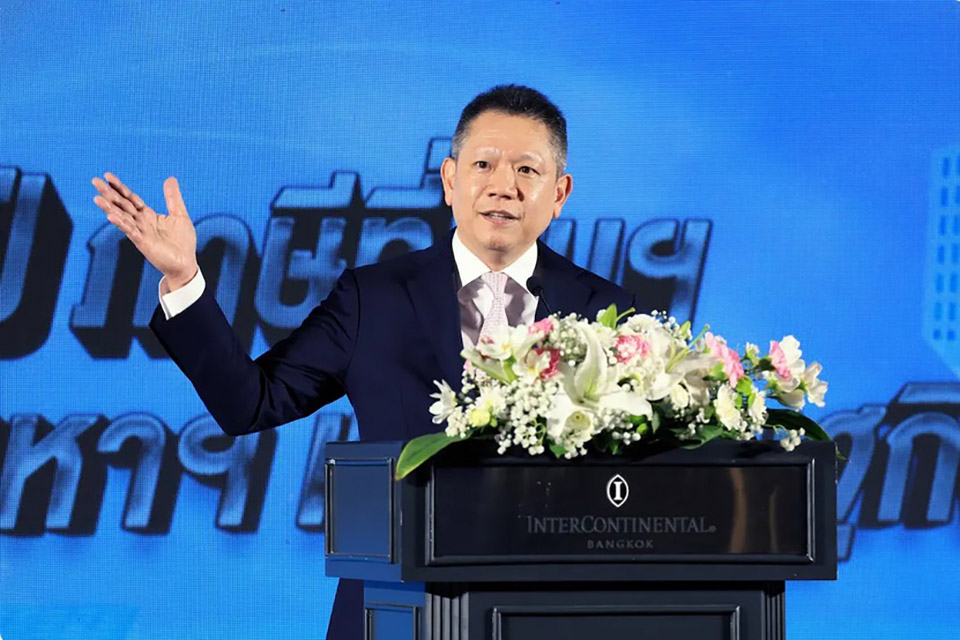
Lawaron Saengsanit, Permanent Secretary for Finance, revealed the review process for the Land and Building Tax, which has been in use for five years.
The public consultation process, involving over 500 participants, has concluded, and the review is expected to be completed by the end of this year. Tax collection was reduced due to COVID-19, but in 2023, over 35 billion baht was collected, with an expected increase to 43 billion baht in 2024.
The Permanent Secretary emphasized the need for accurate and proper tax collection using digital land title deeds and specialized software for data management. He also proposed a uniform tax rate for each type of land and building, with potentially higher rates for more capable localities. This improvement aims to increase local revenue and enhance tax management efficiency.
The Bank of Thailand’s (BOT) loan-to-value (LTV) ratio measures for housing loans were discussed in the Cabinet meeting. Lowering the LTV criteria could benefit the real estate sector, and BOT will consider appropriate adjustments. The revival of the LTF fund was also discussed, though no further coordination with the Ministry of Finance has been made.
It was suggested that the central bank should relax LTV criteria and reduce housing loan interest rates by 0.25-0.5% to mitigate negative factors in the real estate market. The land and building tax measures, effective from 2020, without any discounts in 2024, might psychologically impact certain real estate segments, such as vacation homes and investment condominiums. (NNT)








